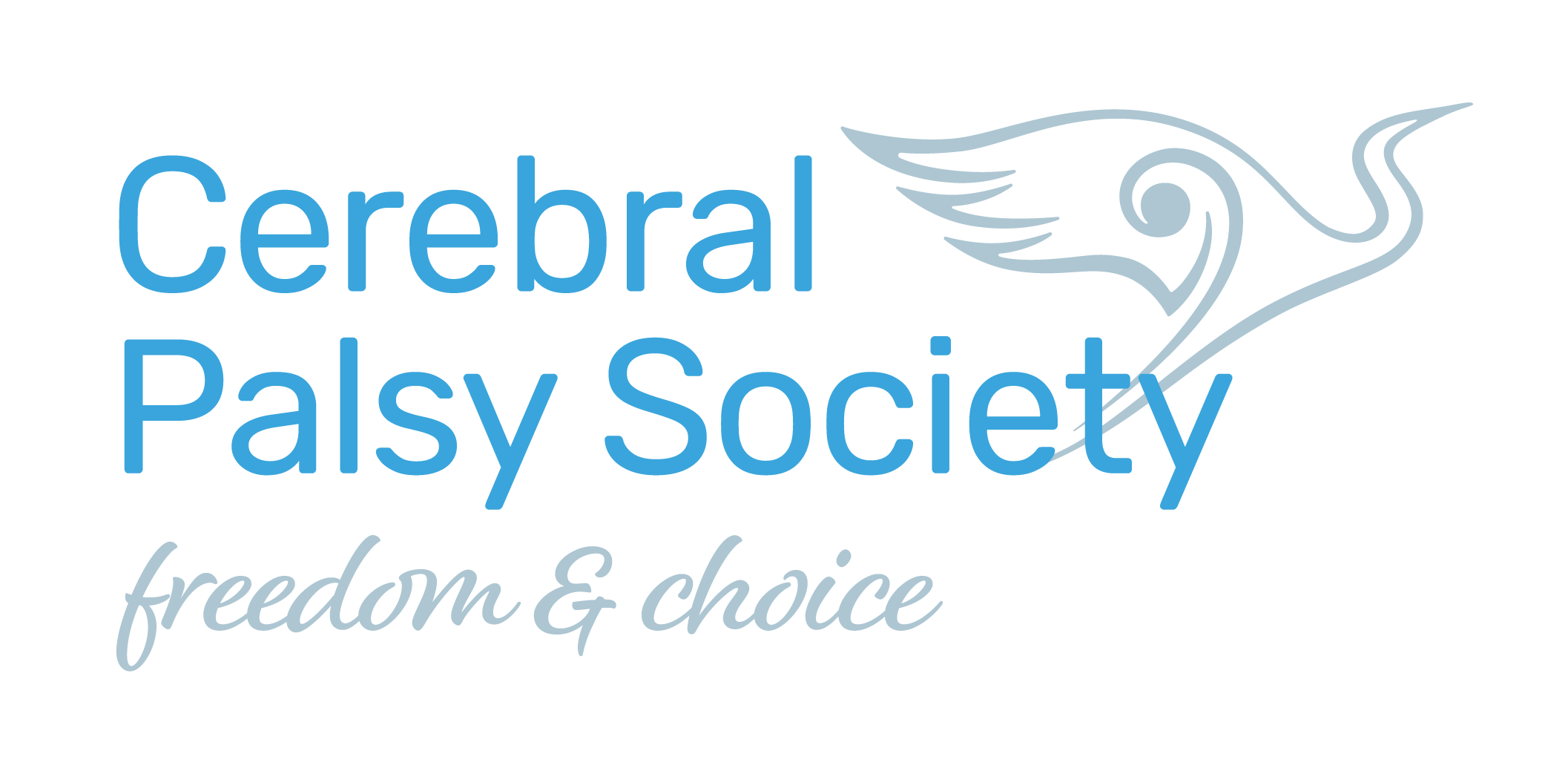Adult life with CP
Cerebral Palsy and Premature Aging
01 Nov 2017
Recent medical advancements have increased the life expectancy for adults with CP to about that of the general population. However, this hopeful development raises questions about how to best manage the effects of aging on top of living with a disability.
For those with CP, adulthood often includes premature aging. This condition is characterized by the early emergence of signs of aging before actually reaching old age.
Between about 20 to 40 years old, most adults with cerebral palsy will experience some form of aging. This is due to the excess strain and stress their bodies go through just to complete everyday tasks. For people with CP, walking up a small flight of stairs may require all the energy they have.
The symptoms of premature aging are:
- Increased pain
- Difficulty walking or stiff muscles
- An increased risk of falls
- Dental health problems
- Long-term side effects due to medications or surgeries
While the signs of aging overlap with other conditions that can arise during adulthood, these are important symptoms to look out for. If left untreated, any of the symptoms above can worsen over time and cause health complications.

